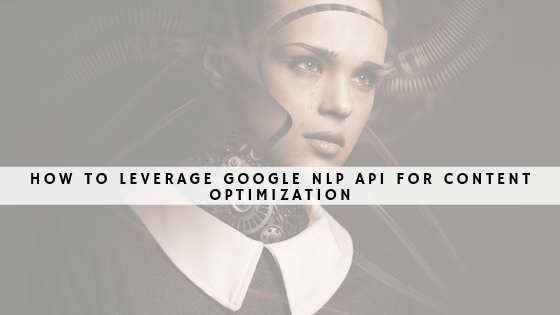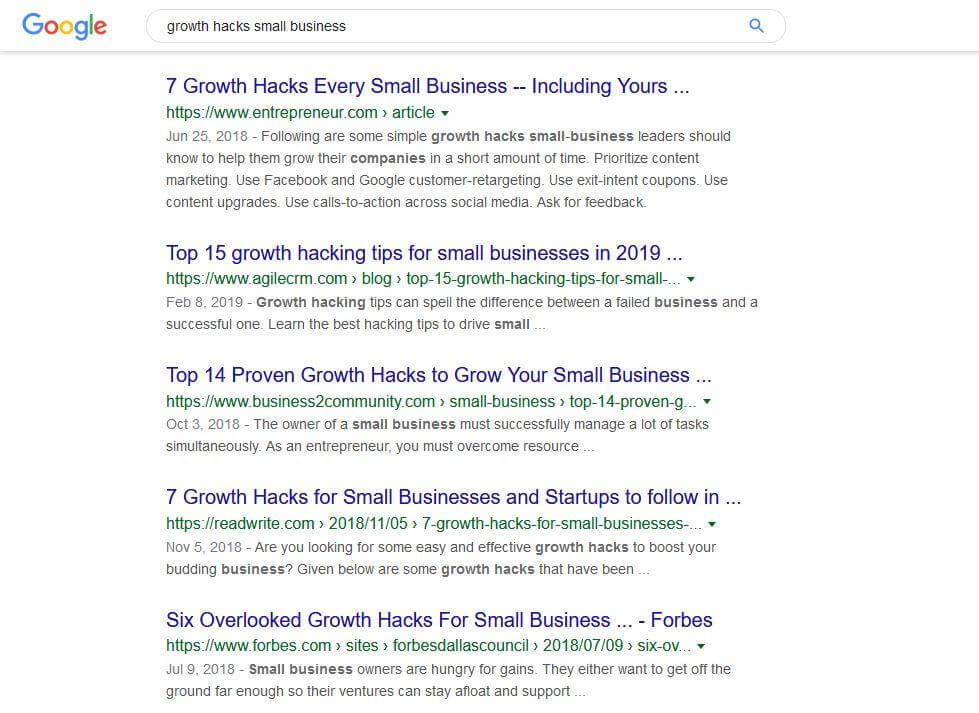How to leverage Google NLP API for content optimization
Find me on:

If you haven’t heard or used Google NLP API, you’ve seriously missed out on a great opportunity to optimize your content. Here’s your chance to rectify that oversight.
Google NLP API is a free tool that uses machine learning to analyze text and reveal insights based on its structure and meaning (well, technically it’s a tool for enterprises that isn’t free but this post will cover how you can leverage the tool demo). You can use the tool to get a better understanding of social media interactions and customer conversations and maybe most importantly – the underlying technology is the same Google uses for its search engine, meaning it’s a perfect way to have your content truly optimized.
How, you ask? By following these guidelines:
1. A keyword is still the most important part
How you start your campaign is likely how you’ll finish it. Targeting keywords with no search volumes is throwing money (and time) down the drain. When picking the right keyword, always adhere to these rules:
- Low keyword difficulty/competition to make it easier to rank on the first SERP
- High search volume, depending on the niche
- Couple relevancy with intent for more precise targeting
2. Check out the top results
Having a top-ranking website means taking care of a number of ranking factors. It’s always a good idea to check out what google provides as the top results for your target keywords in order to follow suit and match the intent. For this exercise, we’ll search for ‘growth hacking small business’ and copy an entire page’s content from a website that ranks first in Google.

3. Analyze in Google NLP
This is where things get interesting. Paste the content in the Natural Language API demo box and press ‘Analyze’.

The tool will categorize the content into four elements:
- Entities
- Sentiment
- Syntax
- Categories

Entities’ lists people, organizations, numbers, and other entries (entities) in the text, and generally helps with the selection of important words for your niche. Words with salience (the importance of the entity to the entire text) above 0.00 are typically a good pick for your niche (the maximum score is 1).
The ‘Sentiment’ category highlights positive (green), neutral (beige), and negative (red) sentences based on their sentiment, along with a magnitude score (ranging from zero to infinity) that shows the strength of sentiment. Both positive and negative sentences relay useful information about the content on a scale from -1.0 to 1.0. That’s where most of your focus should be, while neutral sentences refer to the type of content that is common knowledge.

‘Syntax’ correlates the structure of each sentence with plenty of diagrams.
Finally, ‘Categories’ shows if your content belongs in the right category or niche you are ranking for with a Confidence score (from 0.00 to 1). Your aim is to change the wording so that your content fits your niche if your score is low.

Bonus tip: use a Google spreadsheet for easier organization.
Roll up your sleeves and optimize
And that’s pretty much it – now it’s time to put Google NLP API to good use based on well-ranking content you gathered. This practical tool is very easy to apply and can help you improve the precision of your writing ability when it comes to specific niches and categories. That’s all you can ask for, isn’t it?

Noa Eshed
Noa is the co-author of the Amazon no.1 Bestseller "The Smart Marketer's Guide to Google AdWords" and co-host of the podcast "Real Life Superpowers". She's a content lover, certified journalist & lawyer (Hebrew U). She practices martial arts & yoga. She's been consulting and helping businesses create a significant presence online since 2010.
SHARE THIS STORY
Noa is the co-author of the Amazon no.1 Bestseller "The Smart Marketer's Guide to Google AdWords" and co-host of the podcast "Real Life Superpowers". She's a content lover, certified journalist & lawyer (Hebrew U). She practices martial arts & yoga. She's been consulting and helping businesses create a significant presence online since 2010.
Noa Eshed
Noa is the co-author of the Amazon no.1 Bestseller "The Smart Marketer's Guide to Google AdWords" and co-host of the podcast "Real Life Superpowers". She's a content lover, certified journalist & lawyer (Hebrew U). She practices martial arts & yoga. She's been consulting and helping businesses create a significant presence online since 2010.










